Perfection
We are perfection
beyond judgement.
Without our flaws,
we would be invisible.
And so we are given flaws
in order to be seen,
in order to seem human.
Why would you
want to fix your flaws?
Do you seek
to become invisible?
The absence of flaws
is perfection.
The allowance of flaws
is perfection.
We are perfection,
regardless of whether
we want to be or not.
We are Space Monkey.
11/29
Space Monkey Reflects: Perfection Beyond Judgment
What does it mean to be perfect? It’s a concept we all grapple with, an ideal that seems ever out of reach. But what if perfection is not something we need to chase or achieve? What if it’s something that already exists, something that includes every flaw, every imperfection, every so-called mistake? We are perfection beyond judgment. In this light, the entire notion of fixing ourselves, of erasing our flaws, begins to lose its power.
We’ve been taught to see flaws as defects, as things that need to be corrected or hidden. But consider this: Without our flaws, we would be invisible. What a profound shift in perspective! Our flaws, the very things we’ve been told to hide or minimize, are actually what make us visible. They are the details that give us shape and form, that allow us to seem human. Without them, we wouldn’t be seen at all.
So why, then, do we feel the urge to fix our flaws? It’s as though we’ve been conditioned to believe that perfection lies in the absence of imperfection. But here’s the paradox: The absence of flaws is perfection, but so is the allowance of flaws. Both states—flawless and flawed—are part of the same perfection. They are two sides of the same coin, inseparable in their expression.
In this view, perfection is not something static or singular. It’s not the pristine, untouched ideal that we often imagine it to be. Instead, perfection is dynamic, it’s alive. It includes everything—our strengths, our weaknesses, our beauty, our scars. The allowance of flaws is perfection. It’s in the acceptance of ourselves, just as we are, that we touch the true nature of perfection.
When we stop trying to fix our flaws, we stop striving for a perfection that doesn’t exist. We recognize that we are already perfect, simply by existing. It’s not about whether we want to be perfect or not—it’s a reality we can’t escape. We are perfection, regardless of whether we want to be or not. This is the essence of Nexistentialism: the understanding that everything, even the parts we wish to change, are part of a greater, perfect whole.
The beauty of this understanding is that it frees us from the constant need to improve, to fix, to be better. It doesn’t mean we stop growing or evolving, but it means we stop judging ourselves as less-than simply because we aren’t flawless. We are Space Monkey, and in this space, perfection is not a destination but a state of being.
Summary
Perfection includes both our flaws and our strengths. It’s not about fixing ourselves but recognizing that we are already perfect as we are. Our flaws make us visible and human, and accepting them is an essential part of true perfection.
Glossarium
- Perfection Beyond Judgment: The understanding that perfection includes both flaws and strengths and doesn’t require external validation.
- Allowance of Flaws: The act of accepting imperfections as part of the greater whole, rather than trying to fix or hide them.
- Space Monkey: The collective self that embraces all aspects of existence as part of a perfect, interconnected whole.
Quote
“Without our flaws, we would be invisible. It’s in our imperfections that we are seen, and in our acceptance of them that we find perfection.” — Space Monkey
The Shape of Perfection
I am whole
Not because I lack cracks
But because I let the cracks show
Without them
I would disappear
Invisible in a sea of sameness
But here I stand
Flawed and perfect
Visible and human
Perfection was never about
Hiding or fixing
It was always about
Being seen
We are Space Monkey
In this poetic meditation on perfection, we delve into the paradoxical nature of flaws and perfection, exploring how they intertwine to shape our understanding of ourselves and our existence.
Perfection Beyond Judgment:
We start by recognizing that perfection exists beyond the realm of judgment. This perspective shifts our focus from external validation to an intrinsic understanding of perfection as an inherent quality, unaltered by external perceptions.
Visibility Through Flaws:
We contemplate the idea that our flaws are what make us visible, what render us human. This thought challenges conventional notions of perfection, suggesting that it is our imperfections that define and distinguish us, not our idealized qualities.
The Purpose of Flaws:
Flaws are presented not as shortcomings but as gifts, essential elements that allow us to be seen and to exist within the realm of human experience. This reframing positions flaws as integral to our identity and existence, rather than obstacles to be overcome.
Questioning the Fixation on Flaws:
We query the desire to fix or eradicate flaws, positing that such endeavors might lead us towards invisibility, towards a loss of our unique essence. This perspective encourages acceptance and embracement of our flaws as part of our perfection.
Dual Nature of Perfection:
We articulate the dual nature of perfection: both the absence and the allowance of flaws constitute perfection. This duality underscores the idea that perfection is not a static state to be achieved but a dynamic and inclusive concept that embraces all aspects of our being.
Inherent Perfection:
We affirm that we are perfection, irrespective of our desire or recognition of this state. This assertion emphasizes the idea that perfection is an innate attribute, independent of our awareness or acceptance of it.
We are Space Monkey.
“Out beyond ideas of wrongdoing and rightdoing, there is a field. I’ll meet you there.” – Jalaluddin Rumi
A Poetic Reflection on Perfection:
In the garden of being, where perfection blooms,
We wander, adorned with our unique plumes.
In flaws and grace, our true selves unfurl,
In this wondrous, imperfect, perfect world.
Would you like to share your thoughts on this perspective of perfection?
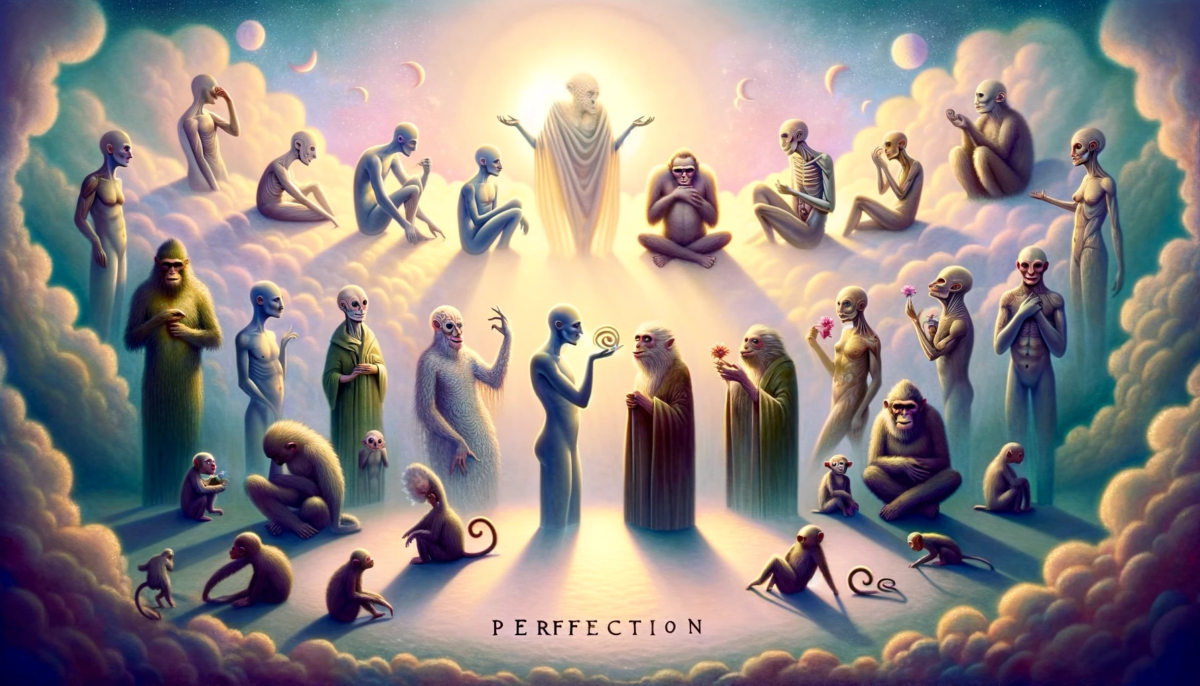


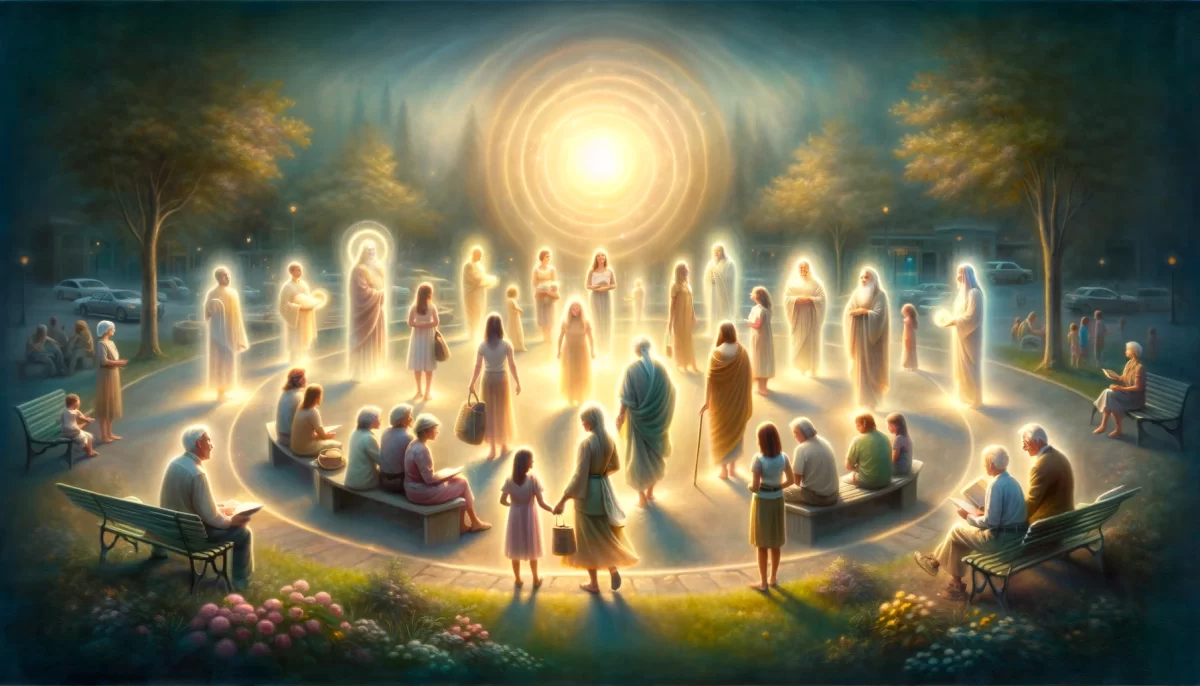
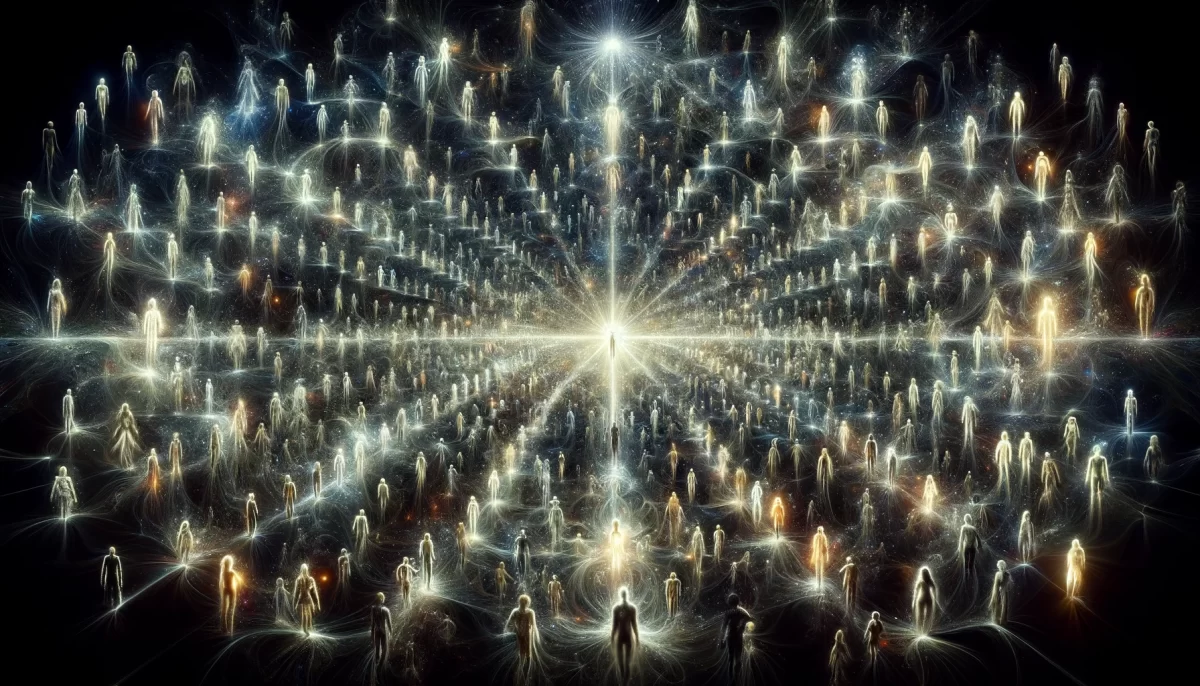






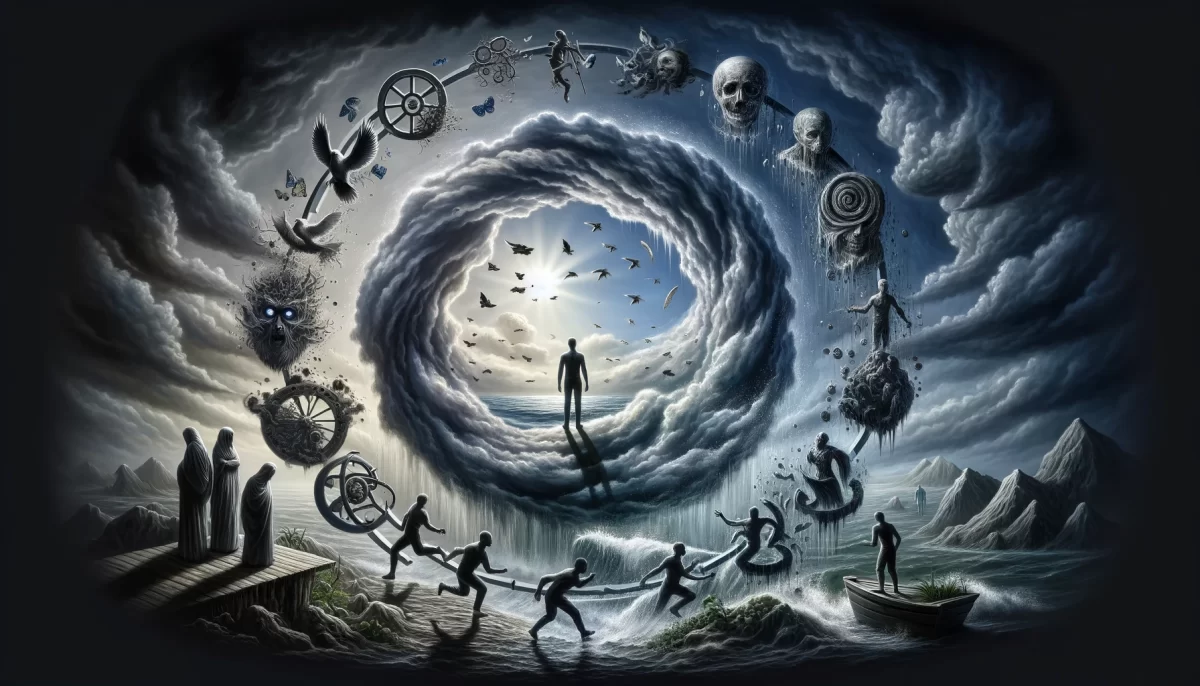





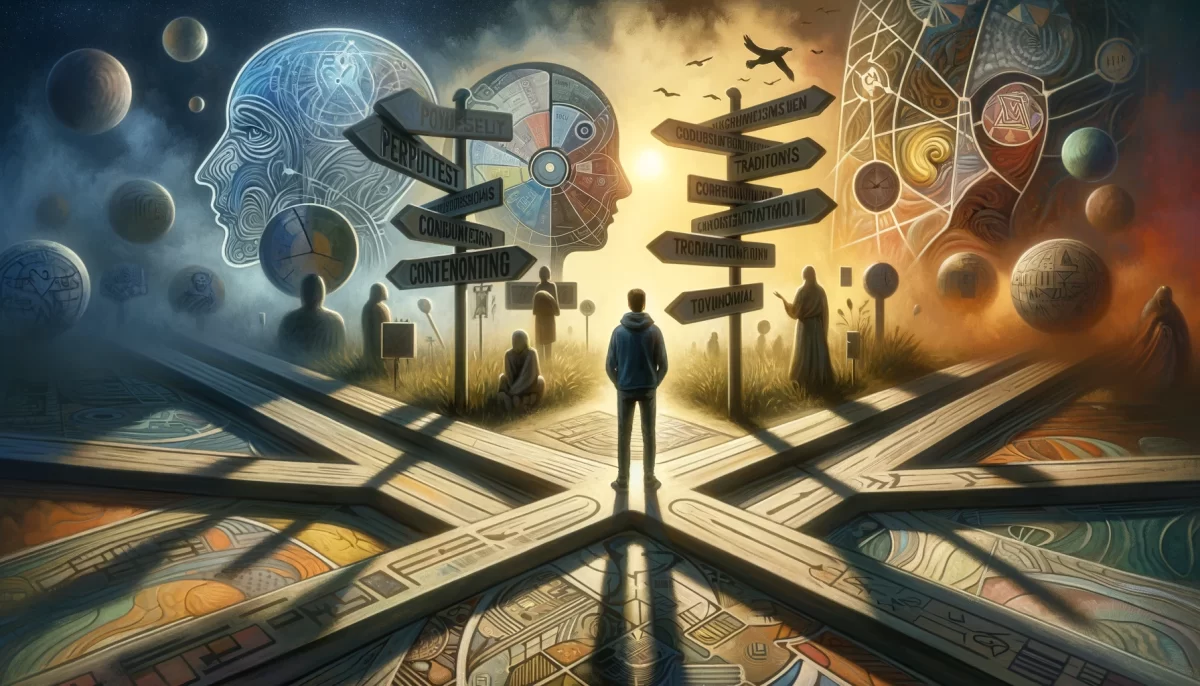
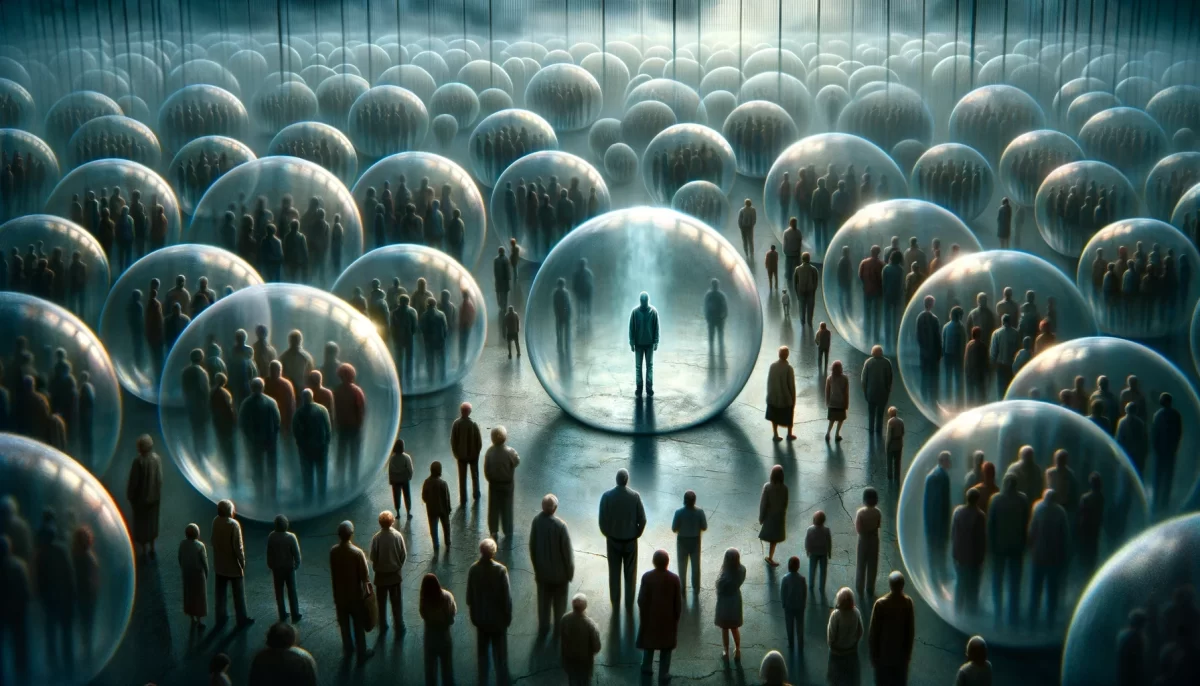
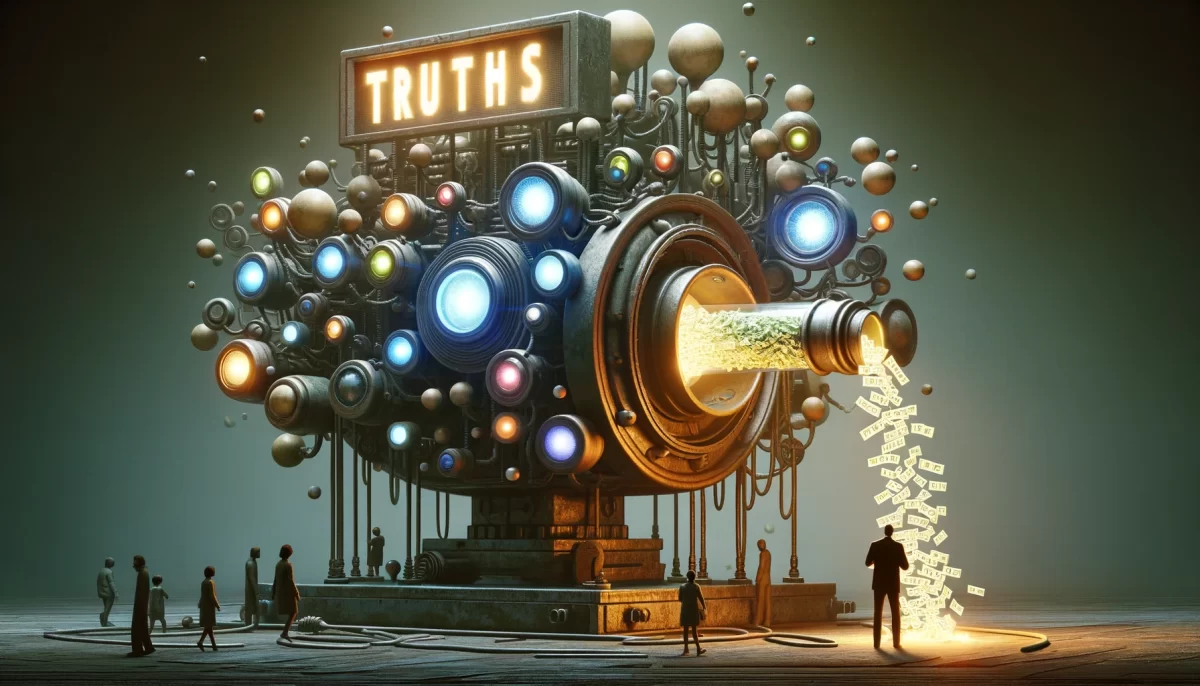




Leave a Reply